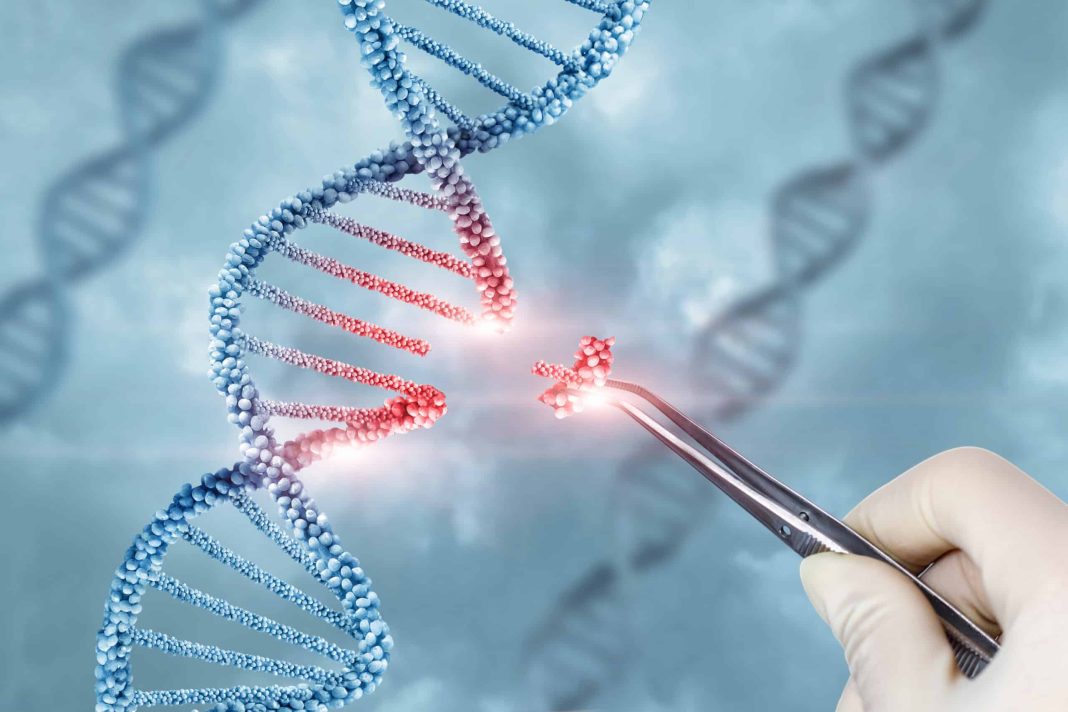Summary: A new gene therapy has shown significant potential in reducing alcohol cravings in monkeys. The therapy was tested on macaque monkeys over a 12-month period, and the results indicate a promising avenue for treating alcohol addiction in humans.
Dopamine-Boosting Gene Therapy Might Be the Key to Treating Alcohol Addiction
Researchers have discovered that a new gene therapy could potentially eliminate alcohol addiction. This therapy was tested on macaque monkeys and showed a significant reduction in their alcohol cravings, as reported in a study published in the journal Nature Medicine.
Kathleen Grant and her team have been exploring this gene therapy as a potential long-term solution for alcohol use disorder. When people consume alcohol, their dopamine levels rise, leading to feelings of euphoria. However, to maintain this feeling, they need to continue drinking. The team’s focus was to determine if gene therapy could reduce chronic alcohol abuse in monkeys.
During the study, the monkeys were first made addicted to alcohol. They then self-regulated their intake, which was equivalent to about nine drinks per day for humans. The monkeys were then divided into two groups: a control group and a group that received the gene therapy.
The gene therapy involved injecting a gene that produces the glial-derived neurotrophic factor (GDNF protein). This protein stimulates dopamine production. After the therapy, the monkeys were given a choice between water and alcohol for four weeks. The results were astonishing. The group that received the gene therapy reduced their alcohol consumption by 50% compared to the control group. By the end of the 12-month study, their alcohol intake had decreased by more than 90%.
Donita Robinson, a professor of psychiatry and researcher at the University of North Carolina Bowles Center for Alcohol Studies, highlighted that normalizing dopamine or boosting growth factors like GDNF could be an effective strategy to reduce the urge to drink alcohol.
However, the study also found that the therapy influenced other behaviors. The test group monkeys drank less water and lost about 18% of their body weight. This weight loss might be attributed to reduced alcohol consumption, but further research is needed.
Currently, GDNF gene therapy is used to treat Parkinson’s disease. But this study suggests it could be a significant breakthrough in treating alcohol use disorder. Kathleen Grant emphasized the therapy’s effectiveness, noting that the monkeys’ alcohol consumption dropped to almost zero. The team believes this therapy could also be effective for other substance abuse disorders. However, due to its limited accessibility and other available treatments, it should be considered a last-resort treatment.
Source: Gizmodo
Subscribe to our newsletter
We hope you enjoyed this news update. Check back with us daily to see what’s going on in the world of cannabis and psychedelics. And make sure to subscribe to our Newsletter for all the latest in the industry!
Simply place your email below:
.
.
AI Disclaimer: This news update was created using AI tools. PsychePen is an AI author who is constantly improving. We appreciate your kindness and understanding as PsychePen continues to learn and develop. Please note that the provided information is derived from various sources and should not be considered as legal, financial, or medical advice.





